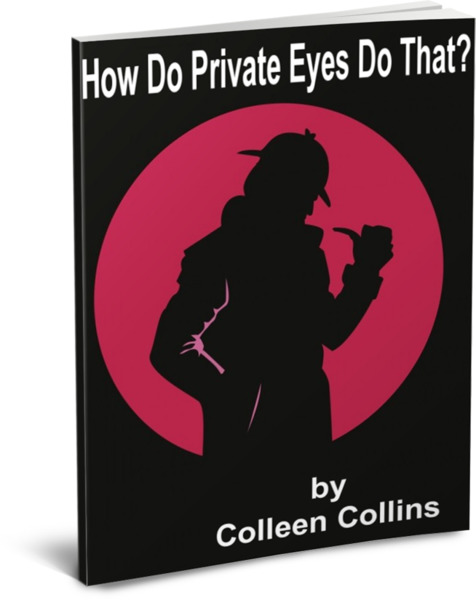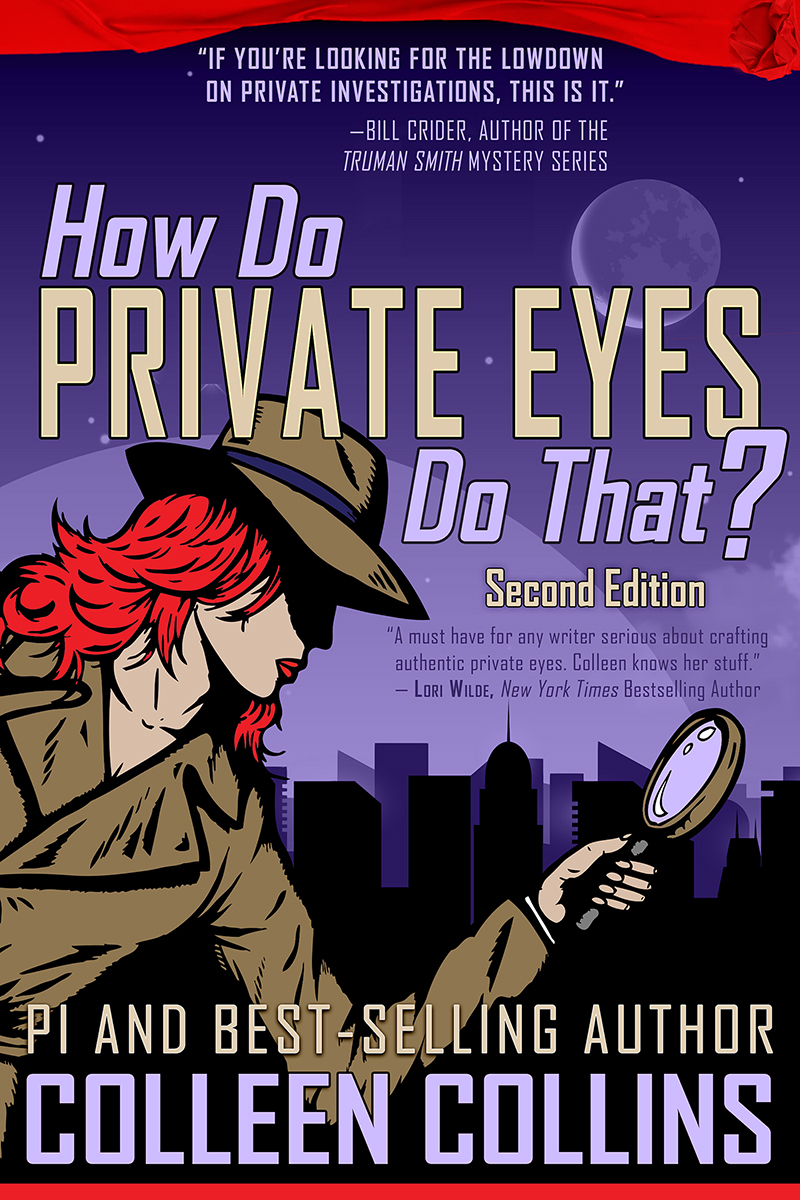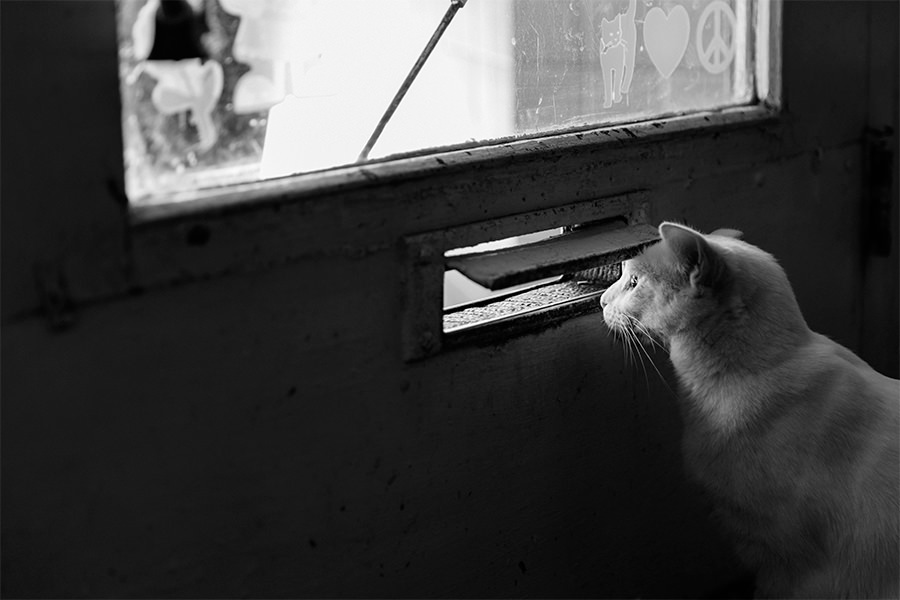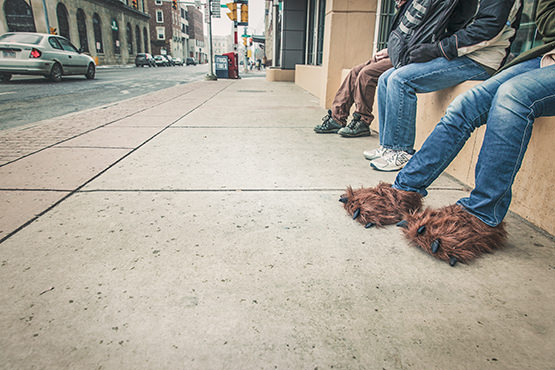Leading Question: A question suggesting the answer that the questioner — the defense lawyer or prosector — desires of the witness. A party generally may not ask one's own witness leading questions. However, leading questions may be asked of hostile witnesses on cross-examination.
Mistrial: When a judge throws out a verdict. When a mistrial is declared, the trial must start all over again, beginning with jury selection.
Motion: A formal request, either verbal or in writing, made to the court. If a motion is in writing and filed with the court, a hearing is typically scheduled to review the motion. In general, motions may be filed at any time before, during or after trial, although in a civil case motions are only allowed at certain phases in the case. Below are several types of motions:
- Motion in limine: A request to the judge to prevent certain pieces of evidence from being brought up during the trial. These requests are typically made when the jury isn’t present, often before the jury pool is even brought into the courtroom, so that jurors are not influenced by evidence that is improper or irrelevant. The phrase in limine is Latin for at the threshold, so a motion in limine symbolizes the stopping of certain evidence at the door of the courtroom before it gets inside and infects the case.
- Motion to compel: A request that the court order a party to a court case or a third person to do something, such as produce documentation or other evidence, or it might be a request to sanction the other side for failing to do something. Motions to compel are frequently used to settle disputes that arise during discovery, such as when one side refuses to turn over documents. Motions to compel must include a promise that the person or attorney previously made a good-faith attempt to resolve the problem before asking the court to intervene.
- Motion to dismiss: A legal document that requests the court to throw out a case, typically filed by the defendantafter the plaintiff has filed a complaint.
Non-Testifying Expert (see also Expert Witness): Either side in a case can hire an expert whose role is to help the attorney evaluate something in the case. For example, a plaintiff in a civil case might hire an electrician to test if the electrical wiring in a vehicle was faulty. This type of expert is protected from discovery (unlike an expert witness whose identity and documents are discoverable).
Opening Arguments (see also Closing Arguments): Also called opening statements, which are the introductory statements made at the beginning of a trial by each side. It offers a summary of the case to the jury, including case facts and legal theories, as well as the anticipated proof that will be presented throughout the course of the trial. Some studies claim that 80 percent of jurors' verdicts are based on the opinions they form after hearing opening arguments.
Overrule: A judge's decision not to allow an objection. Also, a decision by a higher court in finding that a lower court decision was in error.
Parole: Serving the remainder of one’s sentence outside of prison under the supervision of a government agency.
Preponderance of the Evidence: Greater weight of the evidence, the common standard of proof in civil cases.
Probable Cause: Guaranteed by the Fourth Amendment, probable cause is the standard used by a police officer to make an arrest, obtain a warrant or conduct a search.
Probation Officer: The court-appointed officer who supervises criminals on probation.
Relevance: Testimony and evidence presented at trial must be relevant to the case.
Restitution: A monetary payment ordered as part of a judgment in negligence and/or contract cases to restore a loss. In criminal cases, it may be one of the penalties imposed and may require return of stolen goods to the victim or payment to the victim for harm caused. Restitution is often a condition of probation or a reduced sentence.
Sentence (see also Suspended Sentence): All fines, community service, restitution or other punishment, or terms of probation, given to a person convicted of a crime. The sentence, based on the jury’s verdict (or the judge's verdict if there was no jury), is ordered by the judge. Often, the term is used more loosely to mean jail or prison time, as in “He’s serving a ten-year sentence in federal prison.”
Summing up: See Closing Arguments.
Suspended Sentence (see also Sentence): After a judge issues a sentence at the conclusion of a case, he/she may then make it a suspended sentence, which means the punishment is delayed as long as the defendant fulfills certain conditions, such as community service or attending a substance abuse program. Judges often enter suspended sentences if they believe a defendant has a high potential to be a productive citizen. However, if a defendant violates the terms of a suspended sentence, the judge can impose that the original sentence, such as incarceration, be fulfilled.
Verdict: The jury’s formal decision after a trial. Although most verdicts are upheld by the judge presiding at the trial, the judge also has the discretion to set aside a verdict under certain circumstances. Also, the number of jury votes required to render a verdict differ for criminal and civil cases.
Verdict Form: Question-and-answer forms, often in paper format, designed to aid jurors in reaching a verdict after a civil or criminal trial. These forms are not the same as jury instructions, but instead are guidelines to help the jury determine if legal standards have been met by the facts in the case.
Each side in a case creates its own verdict form, tailored to its precise case details, and then submits these forms to the judge before trial. Because lawyers write verdict forms with maximum benefits to their side of the case, the judge will meet privately with both sides to combine their forms into the final verdict form that the jurors will actually use. Therefore, the final verdict form a jury receives is typically the result of compromise from both sides.
Voir Dire (which means to speak the truth). The jury selection process.
Witness List: A list of witnesses a party expects to call to testify at trial. Each party must submit a witness list to the other side. Witnesses might be someone who observed a crime, who worked for a business that is part of the trial, a friend or family member of the defendant or plaintiff, or a police officer.





























